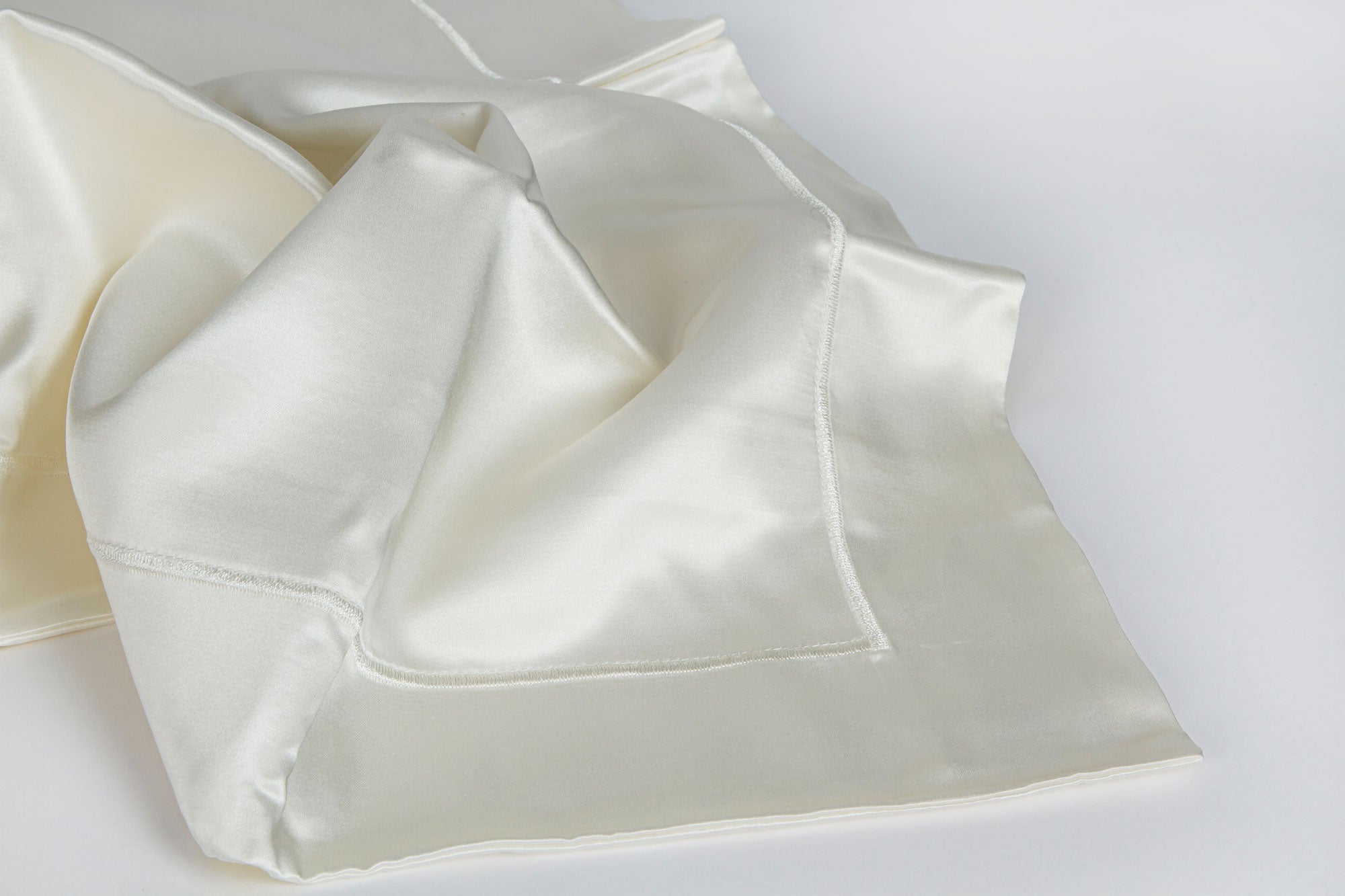
6 Ways to Reduce Your Household Waste
Waste is a big problem across the UK and beyond. Reducing the amount of household waste we produce is one of the ways that we can become more sustainable in our everyday lives.
With more and more people trying to live more sustainably, we’re outlining 6 simple ways to reduce your household waste in today’s blog. Keep reading to find out how you can live more sustainably.
Zero waste shops
Have you heard of zero waste shops before? They’re shops that don’t use plastic packaging and allow customers to buy in bulk. Customers bring their own containers, or they can buy reusable containers in store. You can buy a great many different things at zero waste shops, including groceries, cosmetics, grains, vegetables, and more. Click here to see a directory of zero waste shops in the UK.
Meal planning
It’s so easy to buy food that you like the look of when you’re shopping, but taking some time to plan your meals for the week in advance means that you’re less likely to to buy food that you won’t use.
Meal planning can come in the form of a properly considered shopping list to a spreadsheet of 3 meals per day and the necessary ingredients - it completely depends on how you get organised.
Meal planning doesn’t just save on waste, it also saves you money as you’ll stop buying food you don’t need!
Buy quality
Did you know that fast fashion is a major contributor to landfill? In fact, Oxfam claims that 11 millions items of clothing end up in landfill every week. That’s a staggering stat and can easily be reduced if we’re more mindful about the clothing we buy. Buying better quality clothing means that you’re less likely to need to replace or repair it.
It’s not just quality clothing that can reduce waste, though. Switching your mindset to quality over quantity means that you’ll need to replace your possessions less often, whether you’re buying quality bedding, quality, quality furniture, quality technology, or something else.
Buy local
Shopping local has loads of benefits, including reducing carbon emissions and supporting local businesses. But it can also reduce the amount of plastic packaging you use. Try buying your groceries at your local market as opposed to big supermarket chains - they’re more likely to not use plastic packaging for items that don’t need it.
Compost
Composting can dramatically reduce your amount of household waste. Most of us will have leftover food, whether it’s vegetable peelings or unfinished plates. The good news is that waste can be put to good use, so it ends up not being waste at all!
Compost is used as nutrients for soil, creating healthier and stronger plants and crops. There are numerous ways of composting, but the basic principles are leaving your excess plant-based waste to decompose in a designated place, and using it to give nutrients to other plant life.
Don’t bin - rehome!
When you’re decluttering and clearing things out, think twice before putting things in the bin. Can you rehome them instead? Taking your unwanted items to a charity shop is a great way to rehome them, but you can also sell them through apps such as Shpock and Vinted, or give them away through websites such as Freecycle.
We hope this guide has been useful for you. If you’re looking for more ways to live sustainably, read our blog post on the environmental benefits of using bamboo fabric.
To shop our range of bamboo bedding and other environmentally conscious extras, browse our website.







